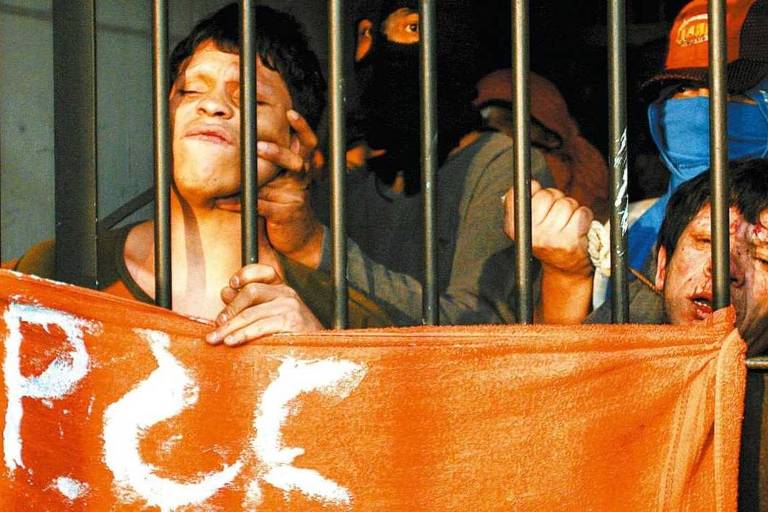"I'd rather have the brothers back. When the firm is present there is none of the mess of people killing each other," says C.S, who asked to remain anonymous.
Brothers and firm are slang that refers to members of PCC, Brazil's largest criminal organization, and the organization itself.A new study translated C.S. opinion in numbers.
São Paulo favelas dominated by PCC had 12% less violent crimes (homicides, gun, and drug-related arrests) than those where the organization is not present, according to economist Ciro Biderman, from Fundação Getúlio Vargas.
The survey analyzed data from 510 favelas between 2005 and 2009, as collected by the state government. The decline didn't happen out of a wish, but it was born out of PCC's business model in São Paulo: the organization holds the monopoly of wholesale drug distribution.
São Paulo had one of the highest reductions in homicides in the last ten years. Between 2008 and 2017, the number of occurrences fell 63% statewide.
Violent confrontations and police presence are not well-received in favelas because they harm drug sales.However, the police force says that there is no scientific basis to conclude that PCC helped reduce the number of homicides.
Translated by NATASHA MADOV
Read the article in the original language
